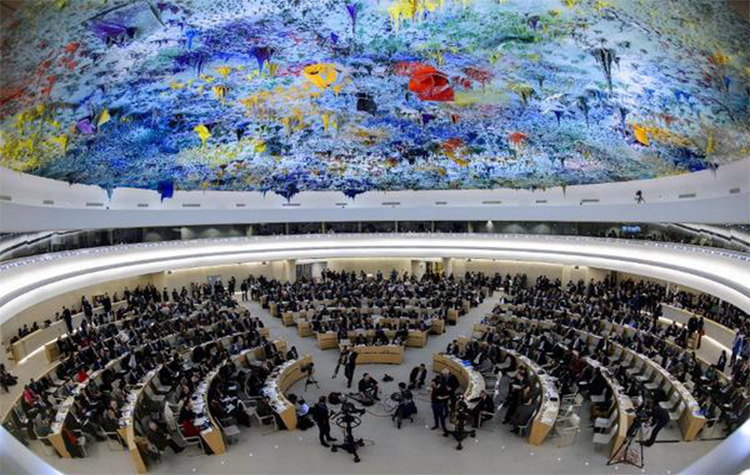Thank you Mr President,
The Council as the world’s peak human rights body has a uniquely important role to prevent, address and support accountability for human rights violations. It’s also a critical tool for civil society and human rights defenders to have their voice heard, and serve as a lever for their national-level human rights work.
In its first decade, the Council has made significant contributions to spotlighting urgent and chronic human rights situations, such as Sri Lanka, Burundi or the DPRK. It has also made strides in developing policy guidance to states, such as the requirement to review and amend legislation and policy which restricts, rather than enables the work of human rights defenders.
Despite this, in doing its work, the Council has and continues to face serious challenges on its path towards being an accessible, effective and protective mechanism.
In a written statement to this session, developed by 20 leading civil society organisations, ISHR has made a number of concrete suggestions for how the Council might get there. We would like to highlight two key suggestions, and would appreciate any comments the panellists may have in this regard.
First, the Council must find ways of ensuring that grave human rights situations are dealt with objectively, preventatively, responsively and effectively. This requires that State elevate human rights principle above perceived political interests. Members of the Council could do this by pledging – in an explicit and public manner – to bring a situation to the Council’s formal attention based on objective criteria and if flagged by a range of less political voices, including the High Commissioner, the Secretary-General, or Special Procedures.
These should include:
- The High Commissioner or the Secretary-General suggesting action;
- A group of four or more Special Procedures suggesting action;
- The General Assembly or the Security Council or relevant regional mechanisms, such as the African Commission, flagging a situation for action;
- A group comprising a State’s NHRI and three or more ECOSOC accredited NGOs
Second, membership in the Council must come with a price. Those States conferring membership – all of the 193 members of the General Assembly represented here today, should commit to only elect States from competitive slate, and those that merit being part of the highest UN body dedicated to human rights. To be elected, States should show good faith commitment to human rights protection, protect and consult civil society and human rights defenders on human rights priorities, implement and follow-up to the Council’s recommendations and resolution, and cooperate fully with the Council and its mechanisms.



